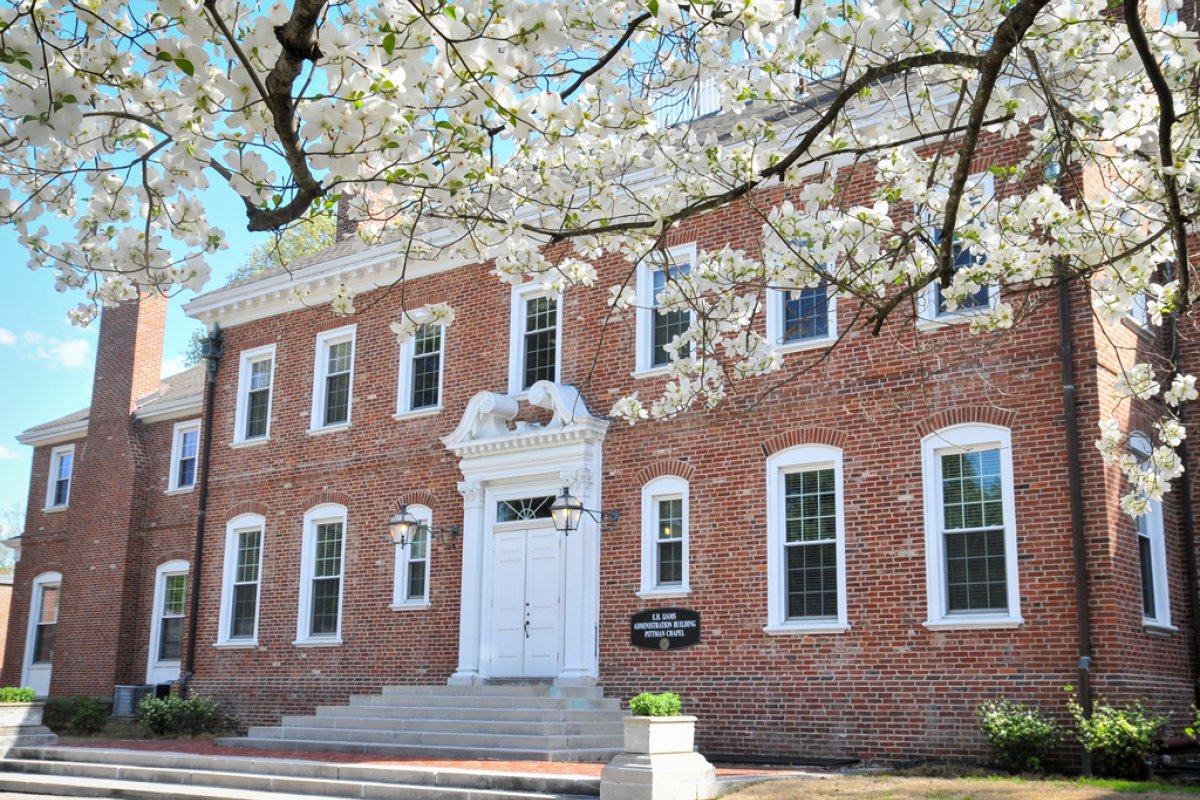
Are Theological Schools an Asset to Civic Life? -- W. Clark Gilpin
American citizens -- even those actively involved in churches and synagogues -- are largely unaware of seminaries and divinity schools in their own cities and regions
American citizens -- even those actively involved in churches and synagogues -- are largely unaware of seminaries and divinity schools in their own cities and regions. They seldom think of theological schools as part of "the civic mix" of newspapers, schools, museums, and community organizations that define and contribute to local public life. Such are the recent findings of a study conducted by the Center for the Study of Theological Education at Auburn Theological Seminary, New York.
From interviews conducted in four different cities, Auburn's researchers concluded that "many of the secular leaders we interviewed" consider the lack of involvement by theological seminaries in civic affairs a "missed opportunity." Pointing to this perceived absence of the seminary from the public forum, the Auburn Center entitled its study Missing Connections.
But how, you may ask, would cities and regions actually benefit if theological schools did become more vigorously prominent civic institutions? This is a difficult question for theological schools, in no small measure because religion is all too frequently viewed as a source of social division, as a problem rather than a resource for civic life. Not surprisingly, therefore, the citizens interviewed by the Auburn Center "are not always clear -- and when they are clear often differ with each other -- about what increased religious presence in public life would really mean."
In this state of uncertainty about the civic involvement of seminaries, some respondents fell back on versions of the old ivory tower complaint: "get out of those classrooms sometime;" "they teach them Greek . . . and all, but . . ."
Still, I find important clues in the Auburn report toward the invigoration of theological schools as religious and educational assets to civic life.
First, community organizers, political officials, and business leaders interviewed by the Auburn researchers consistently expected religious leaders to address the "moral fiber" or "moral component" of society. They were asking, in short, that theological schools contribute to civic life by speaking directly from what they know best. Theological seminaries make it their business to study perennial questions of ethical conduct. They are well-informed about historical efforts at religiously based social reform, its successes and its pitfalls. They are well-practiced both in considering how particular decisions emerge from reasoned, comprehensive views of life and also in appreciating the significance of religious stances that differ from their own. These are important, distinctive resources for contemporary social discussion that are unlikely to be provided from any other source, if they are not forthcoming from the theological seminaries.
Second, in the Auburn report journalists, church members, and chamber-of-commerce officials call for theological interpretation of issues in the broader culture. A dean at a public university expresses disappointment that seminaries "don't convene the forums for public conversations, and they're not in the forefront of articulating issues." These respondents expect theological schools to be, as the Protestant theologian H. Richard Niebuhr observed a half-century ago, "intellectual centers" of the church's life. They worry about insularity and "comfort" in church and ministry and look to religion and schools of religion for challenging -- even "prophetic" -- engagement with the religious dimension of culture.
Taken together, these themes strongly suggest that theological seminaries become an asset in civic life when their public participation arises from creative confidence in their own central mission as centers of teaching and scholarship in religion.

